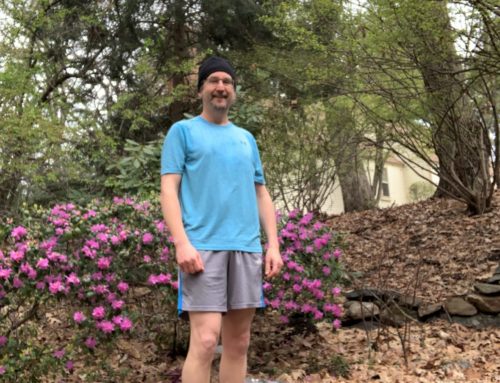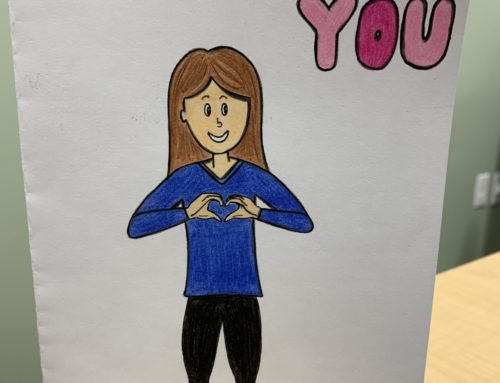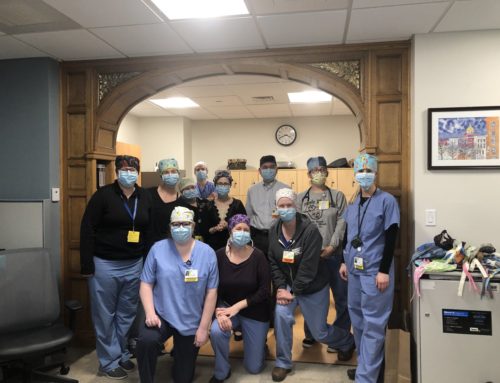Insights for Neighborhoods
Our community is obviously at risk for a major health crisis due to the Novel Coronavirus (COVID-19). I am part of the Incident Command Response regarding this outbreak where I work, so it is not surprising that I am getting questions about this public health crisis. I have reviewed daily guidance from the CDC, Massachusetts DPH, and also have reviewed many publications related to COVID-19, society recommendations, and health system recommendations.
Things are obviously changing rapidly, however based on all of the above-mentioned information, below are my current recommendations. These are my personal recommendations based on everything I know and have reviewed (do not represent formal recommendations from any state department, hospital, etc):
Our community is obviously at risk for a major health crisis due to the Novel Coronavirus (COVID-19). I am part of the Incident Command Response regarding this outbreak where I work, so it is not surprising that I am getting questions about this public health crisis. I have reviewed daily guidance from the CDC, Massachusetts DPH, and also have reviewed many publications related to COVID-19, society recommendations, and health system recommendations.
Things are obviously changing rapidly, however based on all of the above-mentioned information, below are my current recommendations. These are my personal recommendations based on everything I know and have reviewed (do not represent formal recommendations from any state department, hospital, etc):
1) Social distancing has been recommended, as this is the best way to delay and/or prevent the spread of the virus. Social distancing does not equal self-quarantine. For example, states have required no gatherings which involve more than 250 people and even healthcare organizations are having occasional meetings (the strictest guidance I have heard is a limit of 25 or fewer participants).
See the Massachusetts DPH website for some additional information about this.
So, why did they close the schools if they don’t want people to self-quarantine? It is an issue with large gatherings – having 500 kids and teachers and others hang out with each other is a recipe for disaster. It is unlikely that everyone in such a large gathering will be policing symptoms, staying out of school for a mild cold, etc.
3) You should do whatever you feel is most comfortable for you and your family! That may mean self-quarantine for some, and not for others. Keep in mind that based on the trajectory we are currently experiencing, I would expect that we will experience substantial community spread for at least 8 weeks (that would bring us to May). So, if you choose to self-quarantine, keep this in mind as you will in that for the long haul, and there could be considerable emotional impacts on you, your spouse, your children and on your family as a whole. Such a decision is fine, but could send a very scary message to kids in particular. If you choose to self-quarantine, my opinion is that kids will be even more susceptible to emotional issues. And everyone right now is, of course, experiencing anxiety regardless of a decision to self-quarantine. So, either way, be sure to follow this CDC guidance on supporting your and your children’s anxiety.
3) I personally think that the most realistic and balanced approach, based on guidance from the CDC and state about social distancing and our current understanding of how the virus is transmitted, is to not self-quarantine children who are otherwise healthy. The greatest risk of children getting the virus is passing the infection on to a parent or grandparent. People with underlying heart disease, lung disease, and diabetes are at greatest risk; the risk of mortality increases considerably at age 60, and goes up much more at age 80 and above. Even taking into account health conditions, it appears children are the least susceptible to this virus. Three days ago, a brief correspondence was released which supported that the number of pediatric admissions for COVID-19 is so small, it is even hard to study. A study of 138 hospitalized patients in China had an age range of 22 to 92. Another study of patients hospitalized in China had an age range of 21 to 82. This is the largest study, which reviewed over 70,000 cases, no deaths in patients under the age of nine years old.
4) As an alternative to self-quarantine, I personally would recommend the following for family and friends:
- Do not self-quarantine if you are less than 60 years old and have no of the above-mentioned underlying health conditions.
- Have neighbors that you interact with agree to take the temperature of everyone in the home, every morning and every night.
- Ensure everyone also monitors for symptoms of chills, cough, soar throat, shortness of breath, and runny nose/nasal congestion.
- If anyone in the household has a temperature of greater than or equal to 100.0 or develops any of these other symptoms, then that person should be separated from the others in the household until symptoms resolve and they should not be allowed to play with friends. You can the pediatrician/primary doctor to get guidance on testing based on your symptoms more specifically.
- My feeling is that if we all do this, we will enable healthy social interactions while remaining vigilant and protecting ourselves, our children, and our community.
Stay well and wash your hands!




Leave A Comment